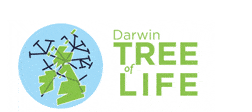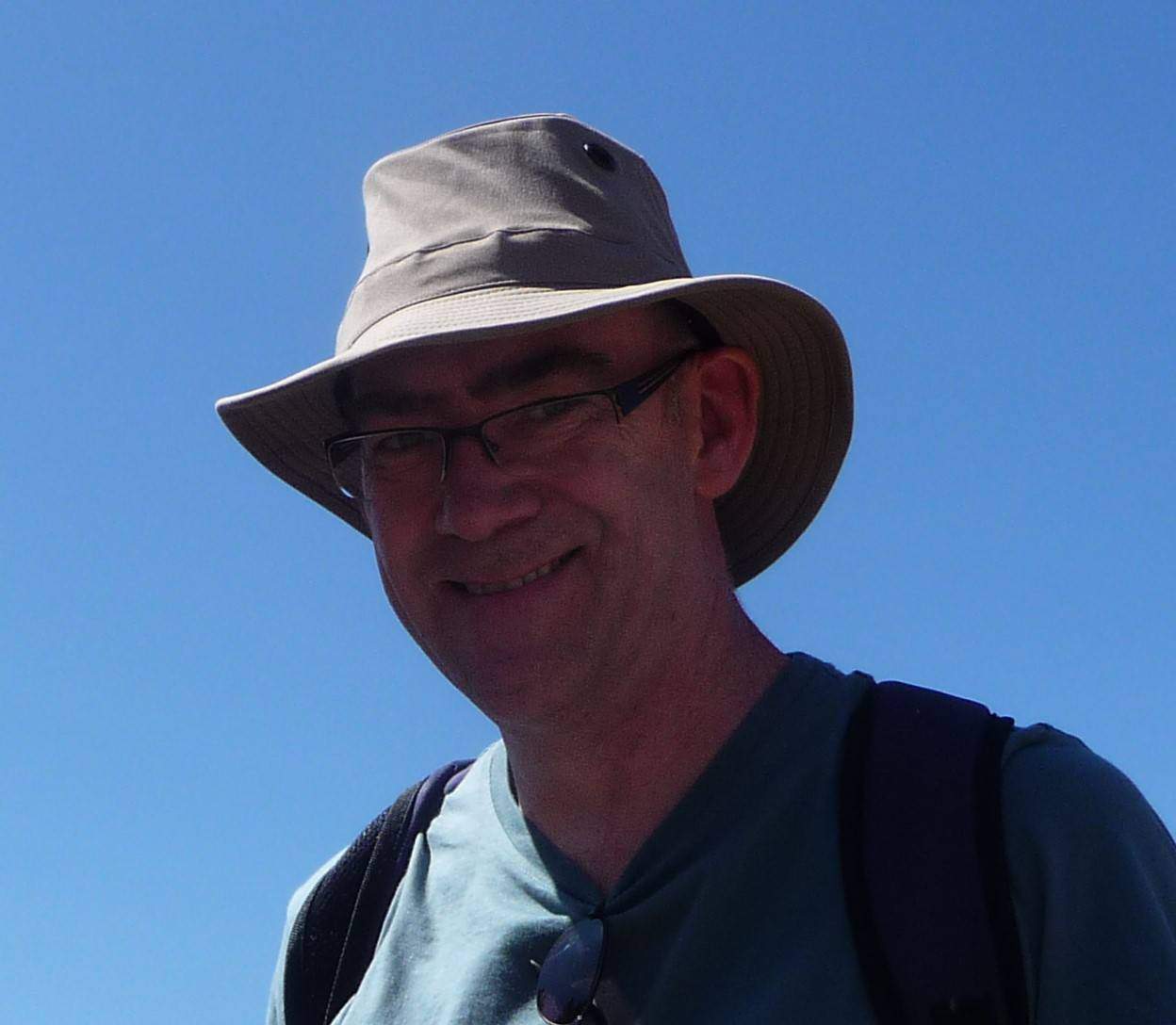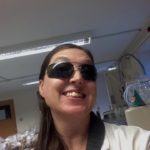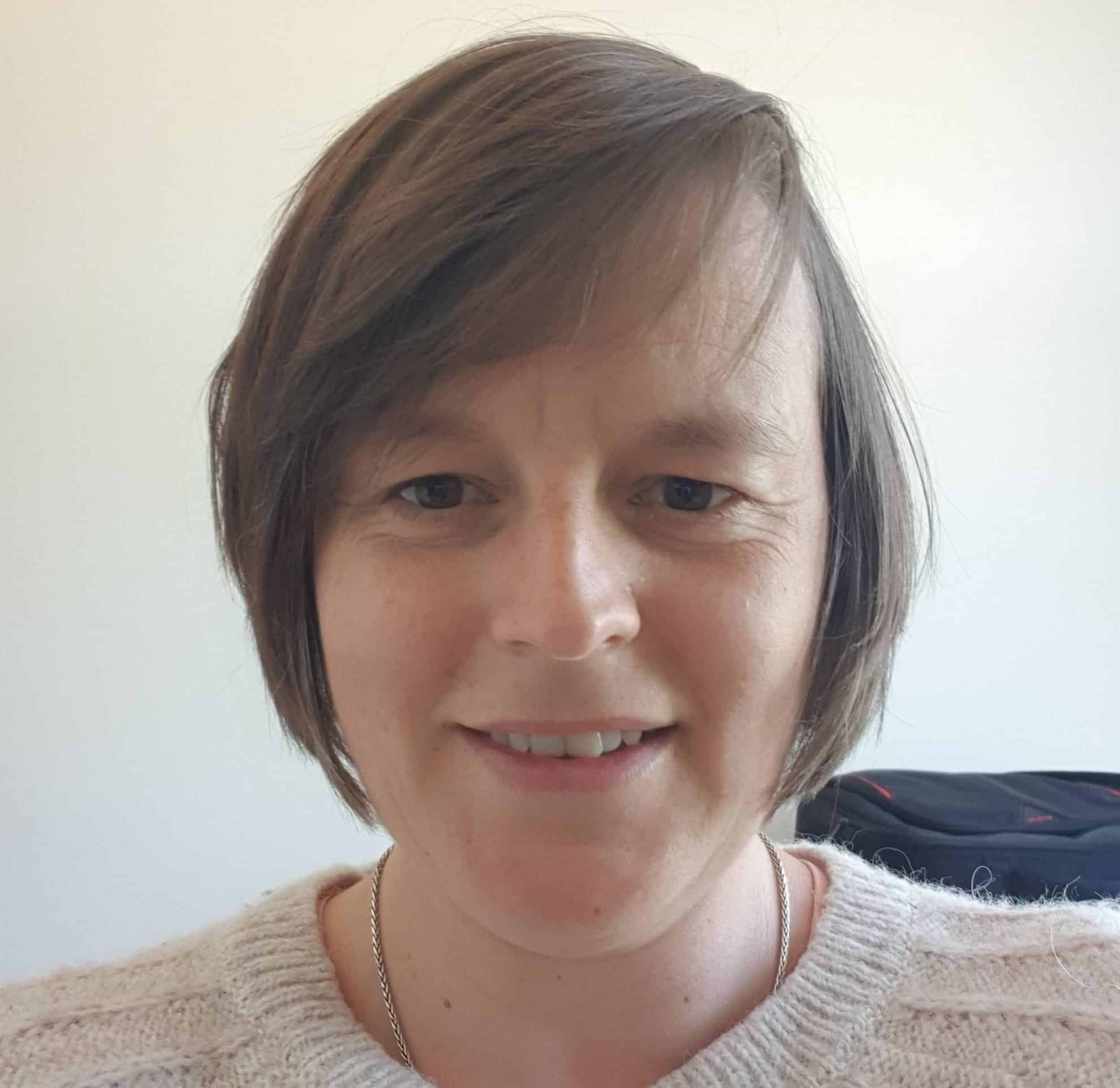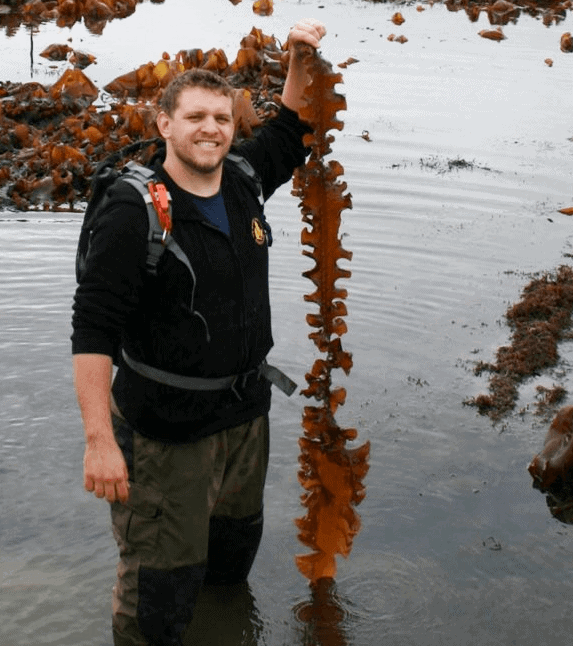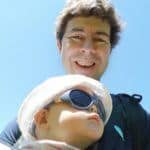Profile
Rebecca Yahr
CV
-
About Me:
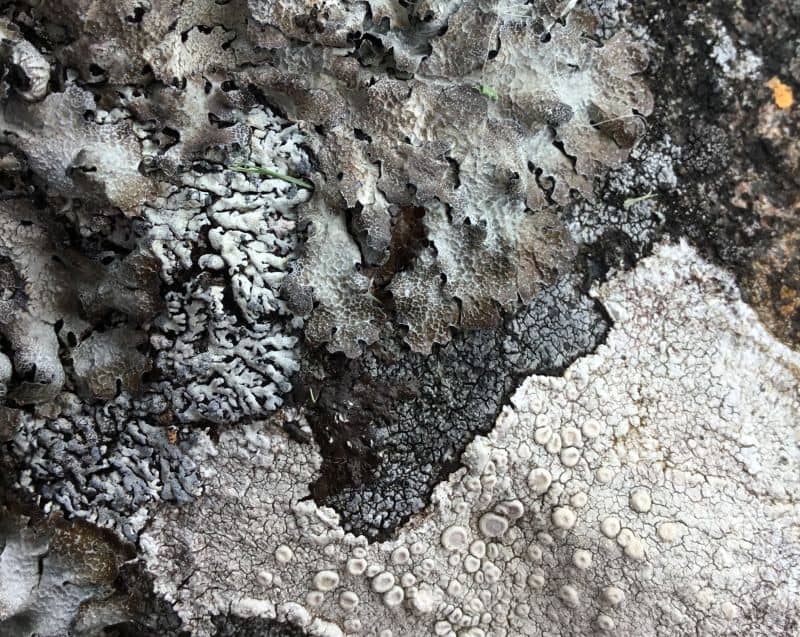
An intricate pattern of intricate patterns – lichens on rock.
I am a lover of fungi and plants and being outdoors, pondering what everything is and why there is so much diversity in life. I have been lucky to find jobs that let me be doing just that.
-
Read more
I live in Edinburgh and have a tiny garden to grow vegetables; every spring I wait with bated breath to see if the seeds I plant germinate, and every year, I get ridiculously excited when they do. I feel perennially guilty that I haven’t identified all the lichens growing on the paving stones nearby… I am proud to be a muddy-boots naturalist, but wish I knew more bird calls than I do. I miss the USA terribly and its huge, wide-open spaces and wildnernesses, and one day want to take my UK family on a road trip to experience some of that — including a warm ocean to swim in!
-
Read more
I am lucky that in my work I get to do research, teach and – hopefully! – inspire people, and do my small part to use my knowledge to help nature conservation. My research is focused on the diversity of lichens – fungi that live in cooperation with their own food source that they grow inside their bodies (algae, usually). Some of the quetions I have tried to answer include: Who are those algae inside lichens? How do the fungi inside lichens evolve and can we identify them just by their looks? How far do lichens travel when they reproduce? A typical research project involves going to a lichen-rich place – think mountains or rainforests in the UK (yes, we do have rainforests in the UK, and they are amazing!) – learning the lichens there and where the special ones grow, making some collections, and bringing these back to use microscopy, sequencing and other DNA-type tools for identifying them, either to species or even to gene-pool. I almost always get to work with really clever people to build on my own skills, so I learn a lot from them, which is great. One of my favourite projects was collecting and identifying lichens from old roofs – from before the Industrial Revolution, to see how lichen communities and climate has changed over time.
-
I'm currently solving this problem:

These brown disks are spore-producing organs, but the spores are microscopic. so we use air-sampling to try to find out how far they go.
How can you tell how far fungi commonly disperse? Related to this is the question of what is a species, or even an individual, when genetically identical indivuduals occur miles apart? It all boils down to understanding the distribution of diversity. I’m currently solving the problems of capturing lichen diversity from sampling the environment, either from animals who have eaten lichens or from the fungi breezing about in the air, dispersing by spores or other tiny particles.
-
I'm currently working on these species doing this:
We have a couple of active projects, both in the Himalayas and in Scottish Rainforests. In both, we are looking at entire communities using barcoding.

This rainforest lichen uses cyanobacterial symbionts (and stinks of fish!)

A rich mix of specialist rainforest lichens, incredibly rare outside Scotland.

A tree flute lichen — it’s hollow and has holes on the upper surface… why?!
-
My Interview
-
How would you describe yourself in 3 words?
lichen loving botanist
What did you want to be after you left school?
Something about protecting the earth -- I wasn't sure quite what.
Were you ever in trouble at school?
Well, we did mess around with chemicals we probably shouldn't have, but our teacher thought that was a good sign of engagement.
Who is your favourite singer or band?
Depends on the day. Looper was up there for a while. I always like listening to John Hartford.
What's your favourite food?
Nacho chips, with guacamole, sour cream and homemade salsa.
If you had 3 wishes for yourself what would they be? - be honest!
To be able to relax into now; to write that intro book on lichens; to be more patient with people.
Tell us a joke.
What are caterpillars afraid of? (wait for it.........................................................)Dogerpillars.
How has your work progressed recently?
Covid had put a damper on field work internationally, but meetings can go on and Scottish fieldwork will get rolling again soon.
What have you got planned for your research over the next year?
Field sampling in Scotland and planning the Himalayan work to measure lichen diversity along a nitrogen pollution gradient is on my horizon...
-
